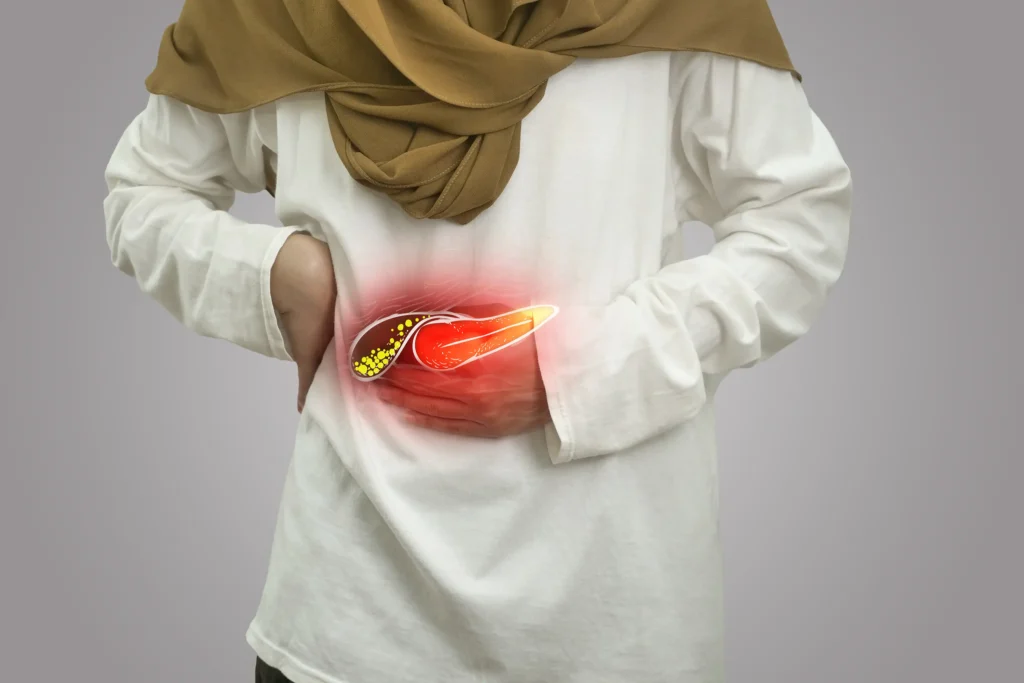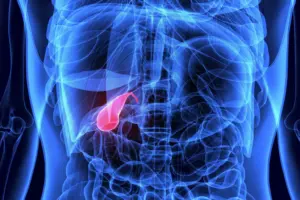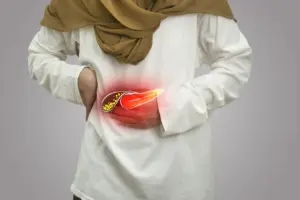
How to dissolve gallstones without surgery: Have you or someone you know been diagnosed with gallstones? You might be asking, does a diagnosis always mean surgery? The good news is, not necessarily. In some cases, gallstones can be managed without surgery, but it depends on factors like the size and shape of the stones, as well as the symptoms you’re experiencing.
What are gallstones exactly?
Gallstones are small, hardened clumps that form in the gallbladder, a small organ located near your liver that stores bile, the fluid that helps digest fats. When there’s too much cholesterol or bilirubin, or too few bile salts, the bile can solidify and form stones.
Also Read | What to eat for a healthy gallbladder: A complete diet guide
Types of gallstones
There are two main types of gallstones, namely cholesterol stones and pigment stones. Cholesterol stones, the most common type, are made mostly of cholesterol. Pigment stones are darker and formed from excess bilirubin.
While some people have gallstones and don’t even know it, others may experience symptoms like sharp pain in the upper right abdomen, nausea, vomiting, bloating, gas, or even pain that spreads to the back or shoulder.
Is surgery always needed for gallstones?
No, not everyone needs gallbladder surgery. Surgery is needed if the stones cause frequent pain, infections, or block important bile ducts. For smaller stones that cause no symptoms, non-surgical options might also work.

Non-surgical options to dissolve gallstones
Bile acid salts help dissolve small cholesterol gallstones slowly over time. It doesn’t work on pigment stones. Shock wave therapy uses sound waves to break stones into smaller pieces, which can then be dissolved or passed. In some cases, stones stuck in the bile ducts can be removed with an endoscopic procedure called ERCP (Endoscopic Retrograde Cholangiopancreatography). Dietary changes and an active lifestyle can help manage symptoms and prevent new stones.
Also Read | 8 unexpected gallbladder facts you probably didn’t know
Non-surgical methods aren’t suitable for everyone, especially if stones are large, painful, or causing complications like inflammation or infection. In such situations, don’t worry, as gallbladder removal is one of the most common and safest surgeries to do. Reach out to your medical expert for the best way forward.








